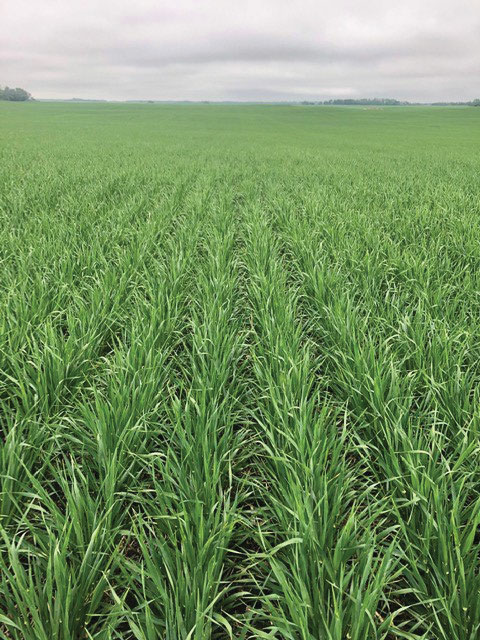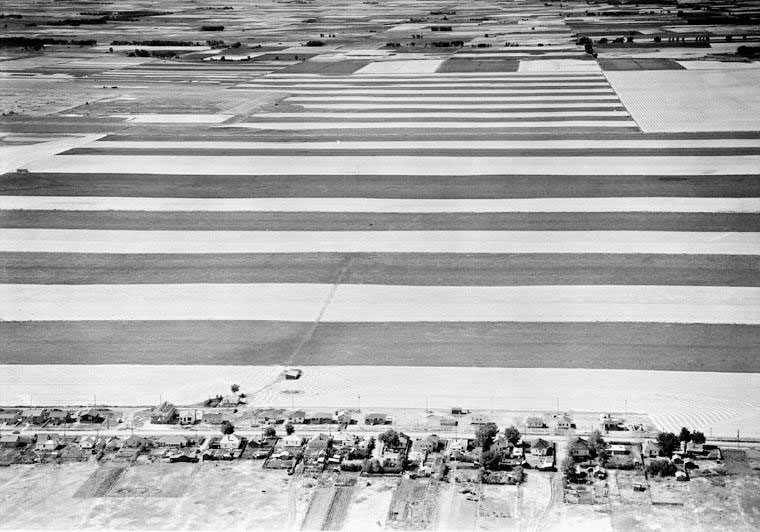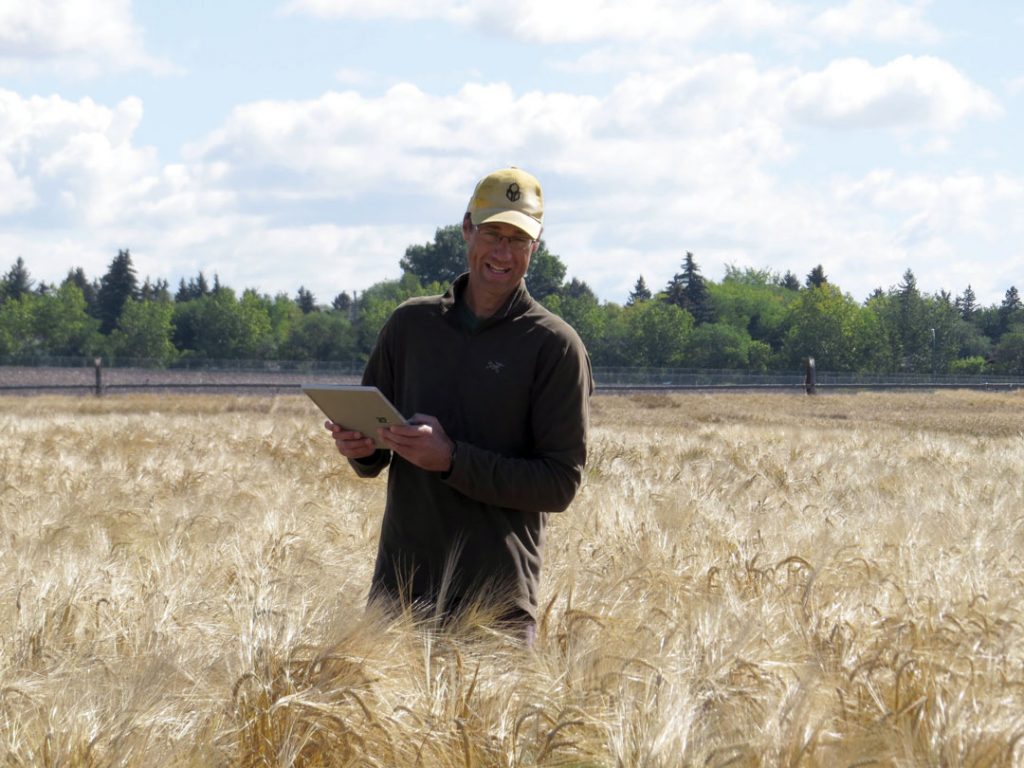SAFE WORDS
Canada participates in a web of global food supply chains that is one of humanity’s greatest trade success stories. We remarkably enjoy products from across the globe due to the expertise of farmers, processors, logistics companies, retailers and many others that comprise this complex system.













